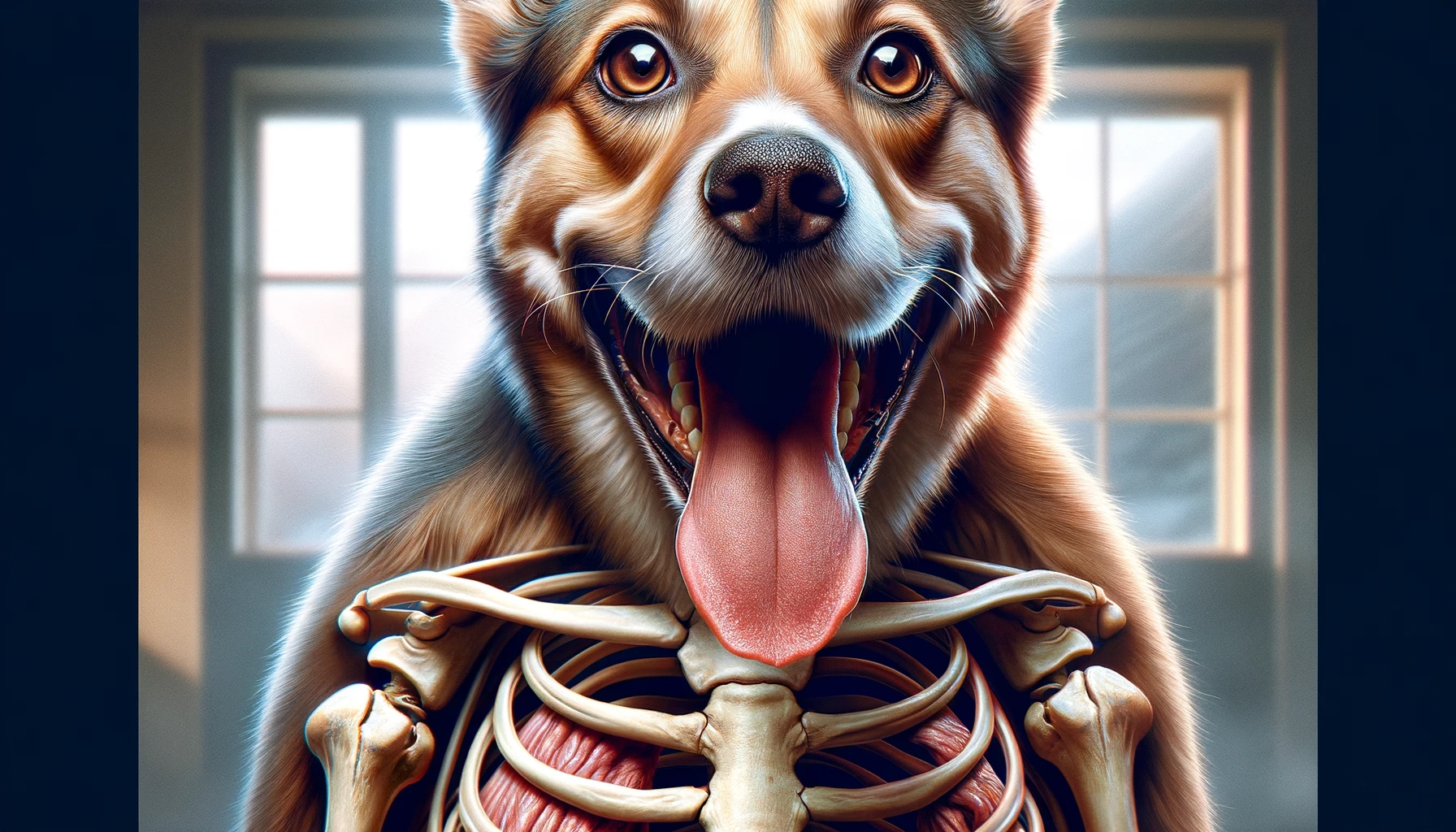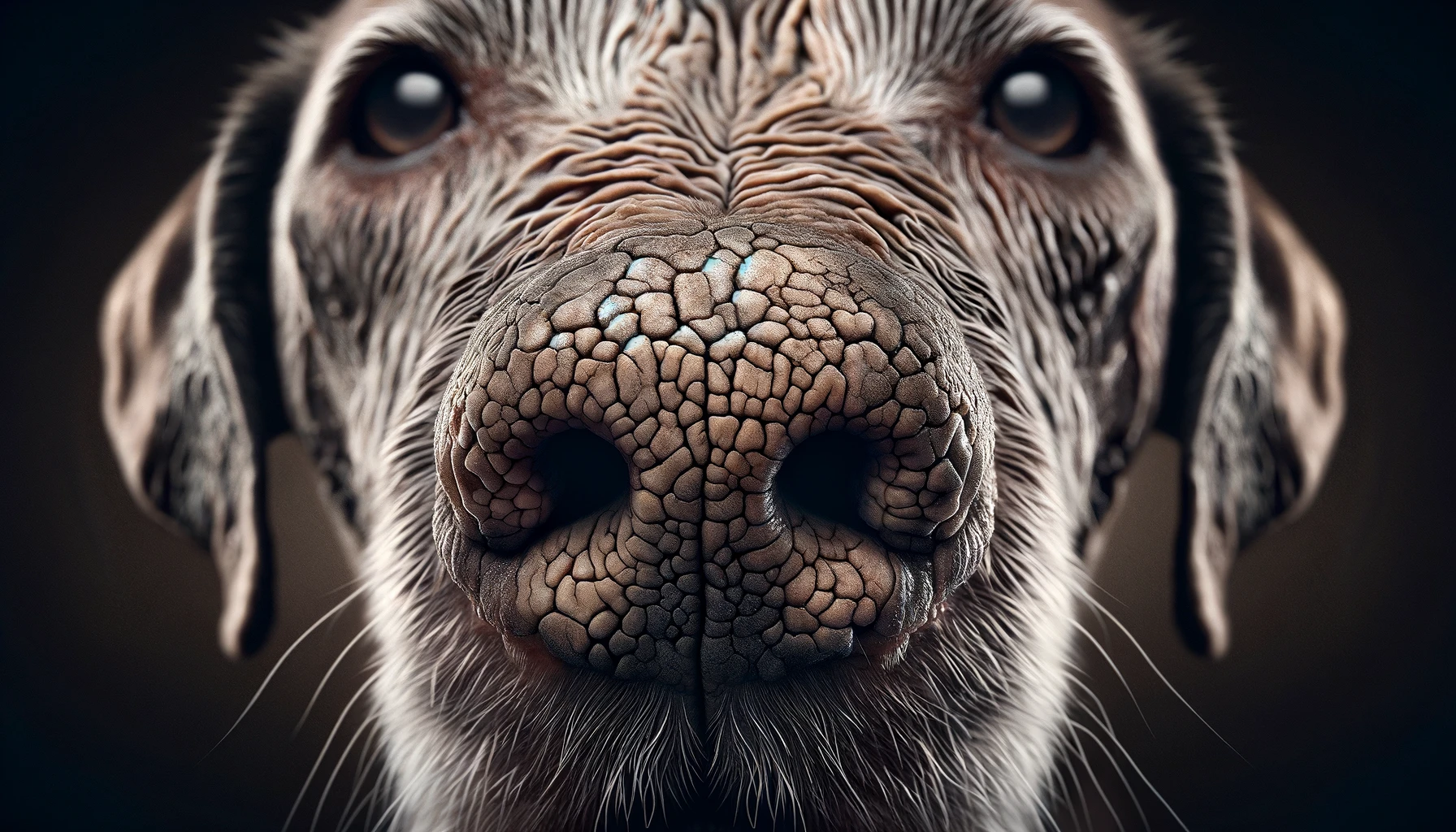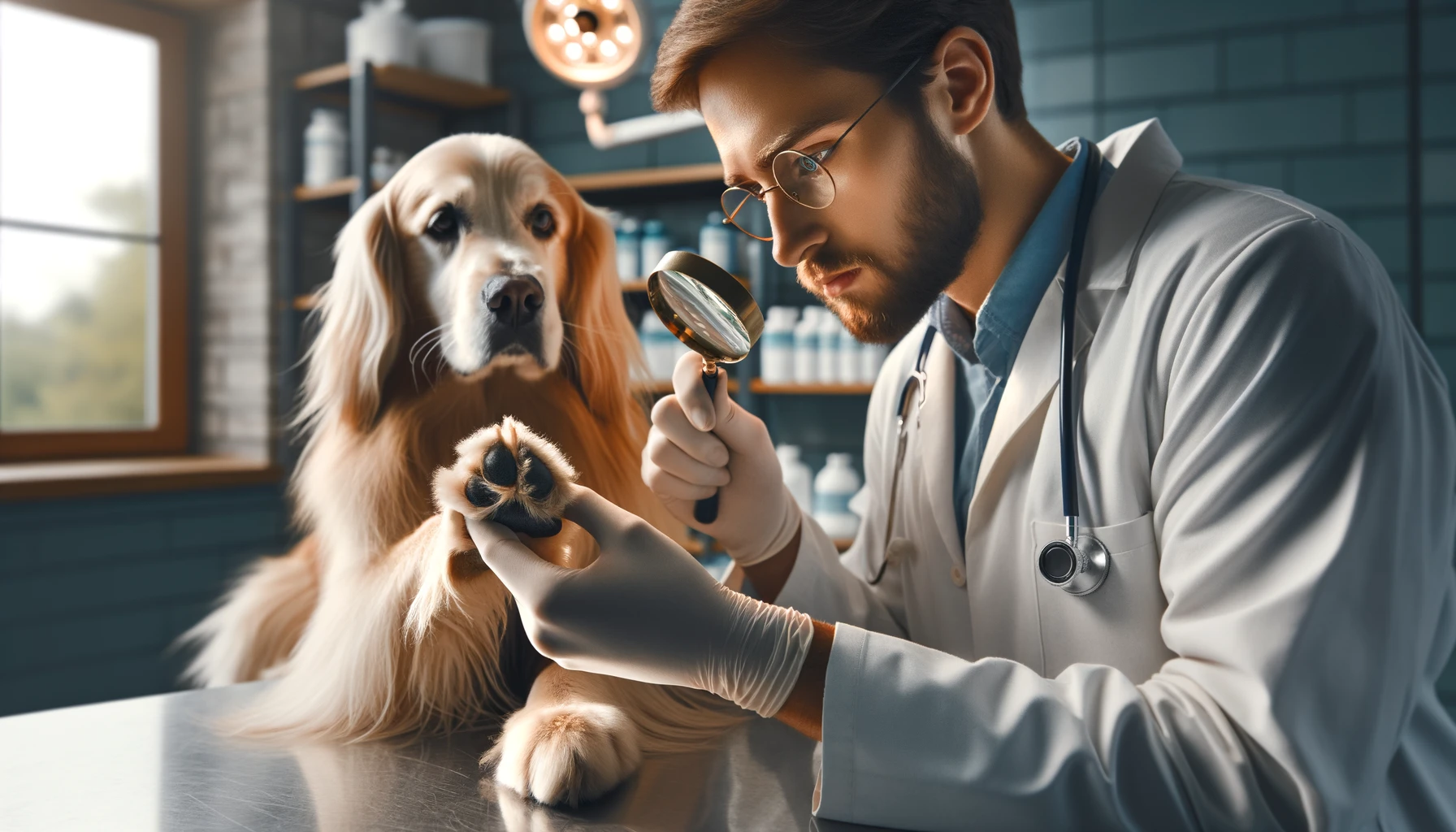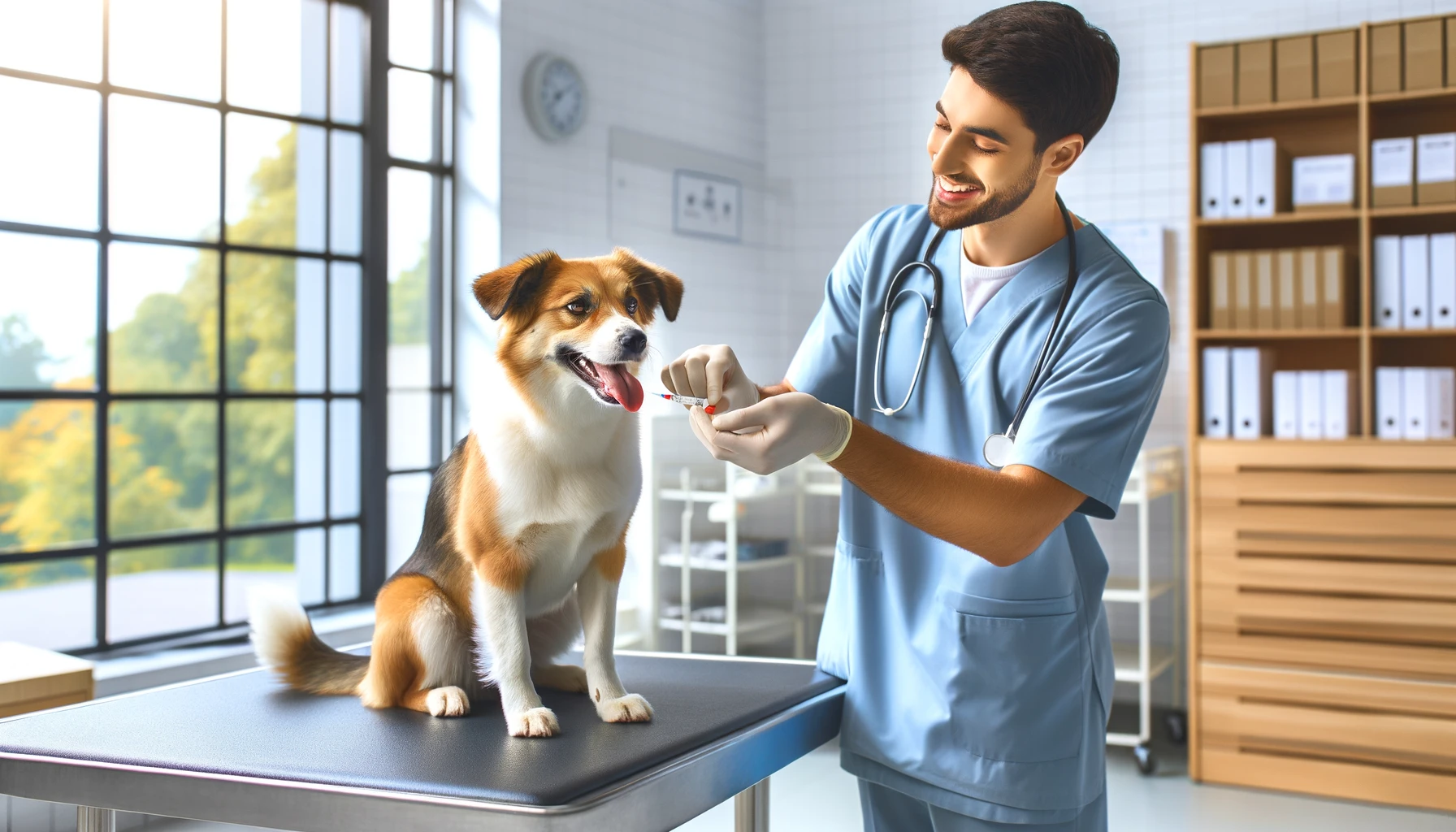Are you a dog owner looking to ensure your furry friend stays healthy and happy? Look no further!
In this article, we will unveil preventive measures that will help you maintain optimal dog health. From vaccinations and regular check-ups to a balanced diet and exercise, we will provide you with expert advice on how to give your canine companion the best possible care.
Stay tuned to discover the secrets of keeping your dog in top shape!
Key Takeaways
- Regular check-ups and vaccinations are crucial for monitoring and preventing diseases in dogs.
- Providing a balanced diet and high-quality dog food is essential for optimal health.
- Regular exercise and physical activity help keep dogs physically and mentally fit.
- Proper dental care and oral hygiene practices are necessary to prevent dental issues and bad breath.
Vaccinations and Regular Check-Ups
To ensure your dog's optimal health, it's crucial to schedule regular check-ups and keep their vaccinations up to date. Vaccinations play a vital role in preventing various diseases that can be harmful, or even fatal, to your furry companion. By staying on top of their vaccination schedule, you're taking a proactive approach to safeguarding their well-being.
Regular check-ups, on the other hand, allow your veterinarian to monitor your dog's overall health and catch any potential issues early on.
Early socialization is of utmost importance when it comes to raising a well-rounded and behaviorally sound dog. Exposing your dog to different people, animals, and environments during their critical developmental stages can help them become more confident, adaptable, and less prone to anxiety or fear-based behaviors.
Training and behavior management are also essential aspects of your dog's overall health. Establishing clear boundaries, providing consistent reinforcement, and using positive reinforcement techniques can help shape their behavior and ensure they're a happy and well-behaved member of your family.
Balanced Diet and Nutrition
To maintain optimal health for your dog, it's important to focus on providing a balanced diet and proper nutrition. The food you choose for your furry friend plays a crucial role in their overall well-being. When it comes to dog food choices, it's essential to select high-quality options that meet their specific nutritional needs.
A balanced diet for your dog should consist of a combination of proteins, carbohydrates, fats, vitamins, and minerals. Protein is particularly important for your dog's muscle development and maintenance. Look for dog foods that list a quality source of protein, such as chicken, beef, or fish, as the main ingredient.
Additionally, be mindful of any food allergies your dog may have. Some dogs are allergic to common ingredients like wheat, corn, or soy. If you suspect your dog has a food allergy, it's best to consult with a veterinarian to determine the appropriate diet for them.
Exercise and Physical Activity
Get moving and keep your furry friend healthy by incorporating regular exercise and physical activity into their daily routine. Just like humans, dogs need exercise to maintain their overall health and well-being. Here are some ways you can ensure your canine companion gets the exercise they need:
- Daily walks: Take your dog for a brisk walk around the neighborhood or in a nearby park. This not only provides physical exercise but also mental stimulation as they explore different scents and sights.
- Playtime: Engage in interactive play sessions with your dog using toys such as balls, frisbees, or tug-of-war ropes. This helps to improve their agility, coordination, and cardiovascular fitness.
- Agility training: Set up an agility course in your backyard or enroll your dog in agility classes. This activity not only enhances their physical fitness but also challenges their problem-solving skills, providing mental stimulation.
Regular exercise not only helps maintain your dog's weight and prevent obesity-related health issues but also contributes to their overall happiness and well-being. It's important to tailor the exercise routine to your dog's breed, age, and individual needs. Consult with your veterinarian to create a suitable exercise plan that promotes canine fitness and mental stimulation for your furry friend.
Dental Care and Oral Hygiene
Take care of your dog's dental health by implementing proper dental care and oral hygiene practices. Just like humans, dogs can also suffer from dental problems such as gum disease, tooth decay, and bad breath. By maintaining good dental care for your furry friend, you can prevent these issues and ensure their overall well-being.
Toothbrush training is an important aspect of dental care for dogs. It's recommended to start training your dog from an early age so that they become familiar with the process. Use a dog-specific toothbrush and toothpaste to clean their teeth regularly. Begin by gently introducing the toothbrush to their mouth and gradually increase the duration of the brushing sessions. This will help them get comfortable with the process and make it easier for you to clean their teeth effectively.
In addition to toothbrush training, there are various dental cleaning products available in the market that can aid in maintaining your dog's oral hygiene. Dental chews, dental sprays, and water additives are some examples of these products. They're designed to help reduce plaque and tartar buildup, freshen breath, and promote healthy gums.
Parasite Prevention and Control
Maintain your dog's optimal health by implementing effective parasite prevention and control measures. Preventing fleas and ticks from infesting your furry friend is crucial in ensuring their well-being. Here are three key steps to protect your dog from these pesky parasites:
- Regular flea prevention:
Fleas can cause discomfort, itching, and even transmit diseases. To prevent flea infestation, use a monthly flea preventive treatment recommended by your veterinarian. These treatments come in various forms such as spot-on treatments, oral medications, or collars. Remember to follow the instructions carefully and apply the treatment consistently to keep your dog flea-free.
- Tick control:
Ticks aren't only annoying but also carry harmful diseases like Lyme disease and Rocky Mountain spotted fever. Regularly inspect your dog for ticks, especially after outdoor activities. Use tick preventives, which can be in the form of topical treatments or collars, to repel and kill ticks. Additionally, consider keeping your dog away from tick-infested areas such as tall grasses and wooded areas.
- Environmental management:
To further reduce the risk of flea and tick infestations, maintain a clean and well-groomed environment. Regularly vacuum your home, wash your dog's bedding, and keep outdoor areas free from debris and overgrown vegetation. This will help eliminate potential hiding spots for parasites and decrease the likelihood of infestation.
Frequently Asked Questions
How Often Should My Dog Receive Vaccinations and Regular Check-Ups?
You should ensure your dog receives vaccinations and regular check-ups to maintain their optimal health. Vaccination schedules and regular check-ups are important to prevent diseases and catch any health issues early.
What Are the Key Components of a Balanced Diet and Nutrition for Dogs?
To maintain your dog's health, it's important to understand the key components of a balanced diet and meet their nutritional requirements. Providing a variety of proteins, carbohydrates, fats, vitamins, and minerals is essential for their overall well-being.
How Much Exercise and Physical Activity Does My Dog Need to Stay Healthy?
To keep your dog healthy, you need to ensure they get enough exercise and physical activity. Meeting their exercise requirements not only promotes good health but also provides numerous health benefits for your furry friend.
What Are Some Effective Methods for Maintaining My Dog's Dental Care and Oral Hygiene?
To maintain your dog's dental care and oral hygiene, there are several effective methods you can use. Regular brushing, dental chews, and annual dental cleanings by a veterinarian are all important for your dog's oral health.
How Can I Prevent Parasites and Control Their Presence on My Dog?
To prevent parasites on your dog, use natural remedies like essential oils or herbal sprays. Additionally, consider using flea and tick prevention products, such as spot-on treatments or collars, to control their presence.
Conclusion
In conclusion, ensuring optimal health for your dog requires a proactive approach. This approach includes vaccinations, regular check-ups, a balanced diet, exercise, dental care, and parasite prevention.
By staying on top of these preventive measures, you can greatly improve your dog's overall well-being and reduce the risk of illnesses and diseases.
Remember, a healthy dog is a happy dog. So make their health a priority and enjoy many years of companionship and joy together.






